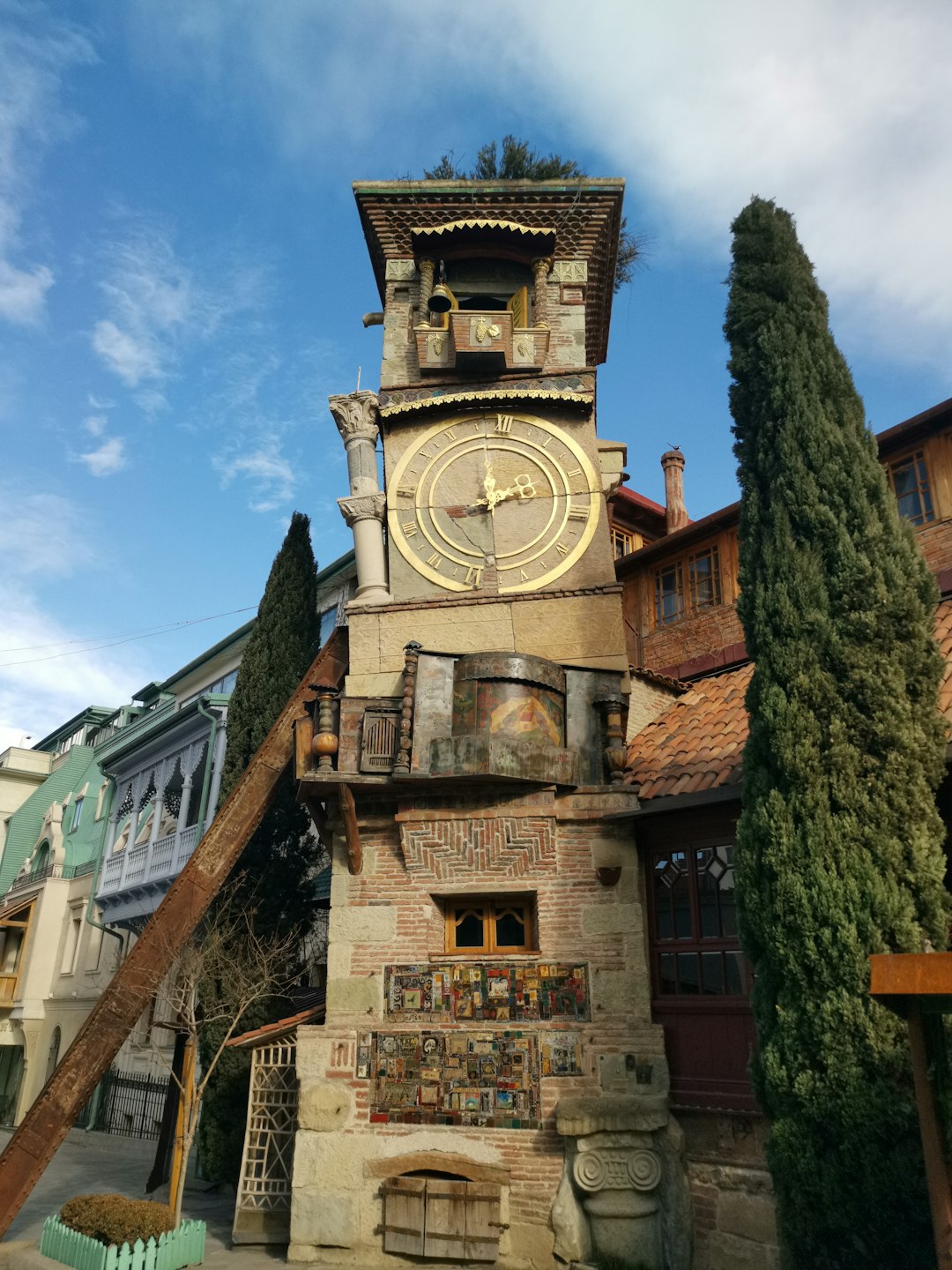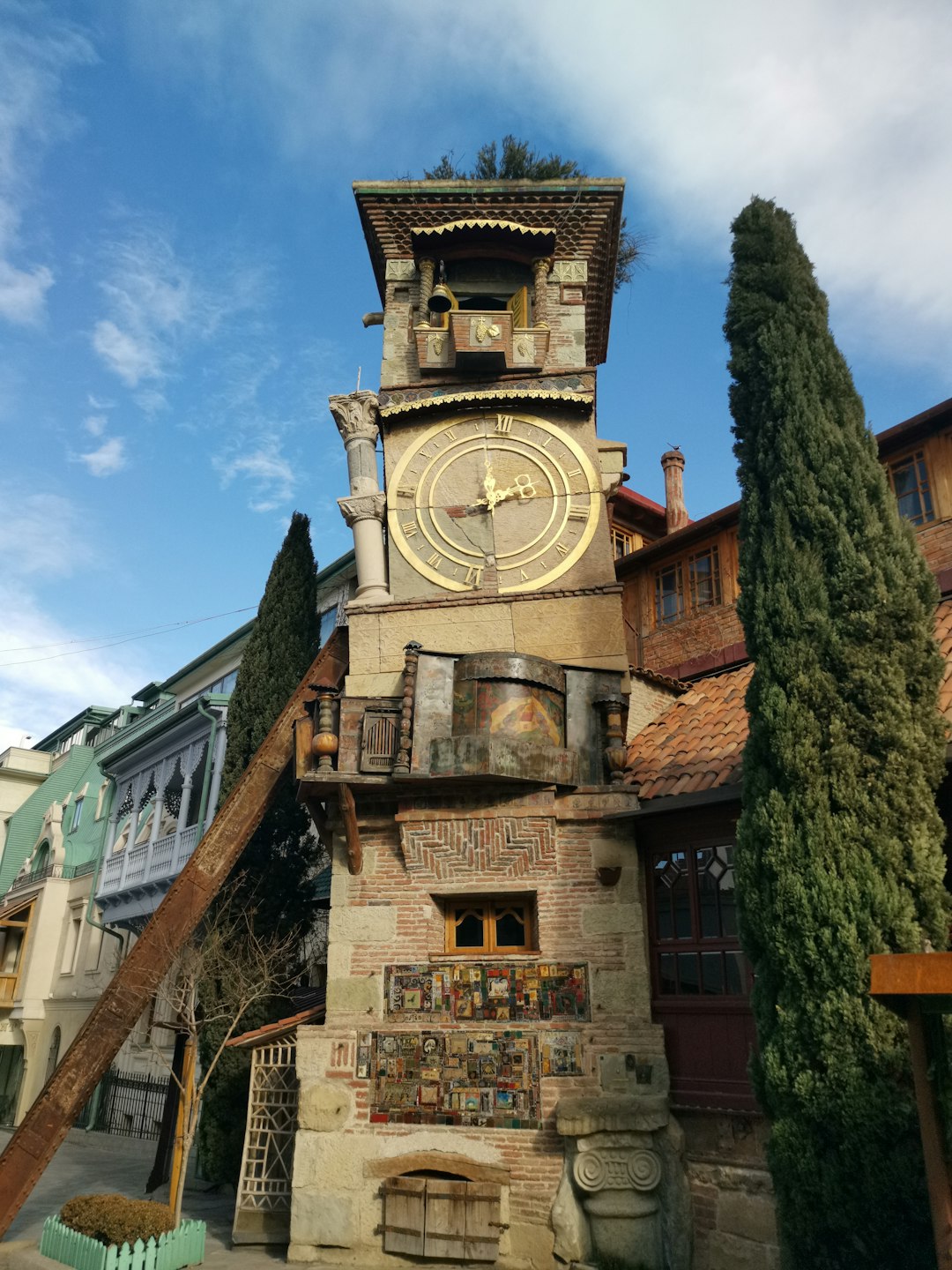In Georgia, clerical sexual abuse is a serious issue, often obscured by power dynamics within religious communities. Survivors face unique challenges in seeking justice and healing. Clergy abuse attorneys Georgia are vital advocates, offering specialized knowledge of state laws to help survivors understand their rights and navigate complex legal processes. These attorneys provide strategic guidance, represent clients in lawsuits, assist with investigations, and support counseling, ensuring victims receive fair compensation and justice while focusing on healing. Organizations like the Southern Poverty Law Center and local advocacy groups offer additional support tailored to survivors' needs.
In Georgia, clerical sexual abuse survivors face unique challenges in seeking justice. This comprehensive guide explores their legal rights and the critical role of clergy abuse attorneys in supporting these vulnerable individuals. We delve into navigating complex legal proceedings, successful lawsuits against abusers, and essential resources for recovery. Understanding these aspects is vital for survivors seeking compensation, closure, and a voice against institutional failure to protect. Find support and insights with Georgia’s leading clergy abuse attorneys.
Understanding Clerical Sexual Abuse in Georgia: A Overview of Legal Rights

In Georgia, clerical sexual abuse refers to any form of sexual misconduct or exploitation committed by a member of the clergy against an individual under their care, authority, or influence. This can include incidents involving children and adults, and may take various forms such as inappropriate touching, coercion, or exploitation for sexual purposes. Given the power dynamics often at play in religious communities, survivors of clerical abuse in Georgia face unique challenges when seeking justice and healing.
Survivors of clergy abuse in Georgia have legal rights and options available to them. Consulting with experienced clergy abuse attorneys Georgia can help individuals understand their rights, navigate complex legal processes, and pursue compensation for the harm they’ve suffered. It’s crucial for survivors to document all interactions with the abuser, any witnesses, and any evidence, as these can be critical in legal proceedings against the perpetrator and/or the institution responsible.
The Role of Clergy Abuse Attorneys in Supporting Survivors

Clergy abuse attorneys in Georgia play a pivotal role in supporting and advocating for survivors of sexual abuse within religious communities. These specialized legal professionals are equipped to handle complex cases, offering comprehensive assistance tailored to the unique needs of those who have endured such trauma. They provide crucial guidance, ensuring that survivors understand their rights and options while navigating the legal process.
With extensive knowledge of Georgia’s laws and regulations related to clergy abuse, these attorneys can offer strategic advice and represent survivors in civil lawsuits against religious organizations or individuals responsible for the abuse. Their expertise extends to assisting with investigations, gathering evidence, and holding accountable those who have caused harm. They also aid in counseling and supporting survivors throughout the legal journey, offering a safe space to share their stories and seek justice.
Navigating Legal Proceedings for Compensation and Justice

Navigating legal proceedings for compensation and justice can be a daunting task, especially when dealing with sensitive issues like clergy sexual abuse in Georgia. Survivors often require dedicated support to understand their rights and pursue legal action against perpetrators or institutions responsible. Clergy abuse attorneys in Georgia specialize in handling these complex cases, offering expertise in state laws regarding child protection, statute of limitations, and civil liability.
These legal professionals guide survivors through the process, ensuring their voices are heard and they receive fair compensation for the trauma they’ve endured. They work diligently to build strong cases, gathering evidence, interviewing witnesses, and negotiating settlements or taking the matter to court to secure justice for their clients. With their assistance, survivors can focus on healing while letting the legal system hold accountable those who have caused them harm.
Case Studies: Successful Lawsuits Against Clerical Abusers

In Georgia, numerous survivors of clerical sexual abuse have found justice and closure through legal action, thanks to dedicated clergy abuse attorneys. These attorneys specialize in handling complex cases involving religious institutions and their leaders, ensuring that victims’ rights are protected. Case studies illustrate the successful outcomes these advocates have achieved for their clients.
One notable example involves a lawsuit against a prominent Georgia pastor who abused his position of trust to exploit young congregants. Through diligent investigation and expert legal strategies, the clergy abuse attorneys exposed the truth, leading to a substantial settlement for the survivors. This case not only provided financial compensation but also brought much-needed attention to the prevalence of clerical sexual abuse, empowering other victims to come forward and seek justice.
Resources and Support for Survivors: Local and National Organizations

Many survivors of clergy sexual abuse in Georgia find solace and support through various local and national organizations dedicated to helping them. These resources provide a safe space for sharing experiences, offering counseling services, and connecting individuals with legal advocates specialized in handling such cases. Organizations like the Southern Poverty Law Center and the National Center for Victims of Crime offer nationwide assistance, ensuring survivors have access to legal guidance and emotional support tailored to their unique needs.
On a local level, Georgia-based advocacy groups and law firms specializing in clergy abuse cases play a crucial role. These attorneys are well-versed in state laws and understand the specific challenges faced by survivors. They provide free initial consultations, helping individuals navigate their options and connect with support networks. Such legal advocates empower survivors to take action, ensuring their voices are heard and rights protected.





